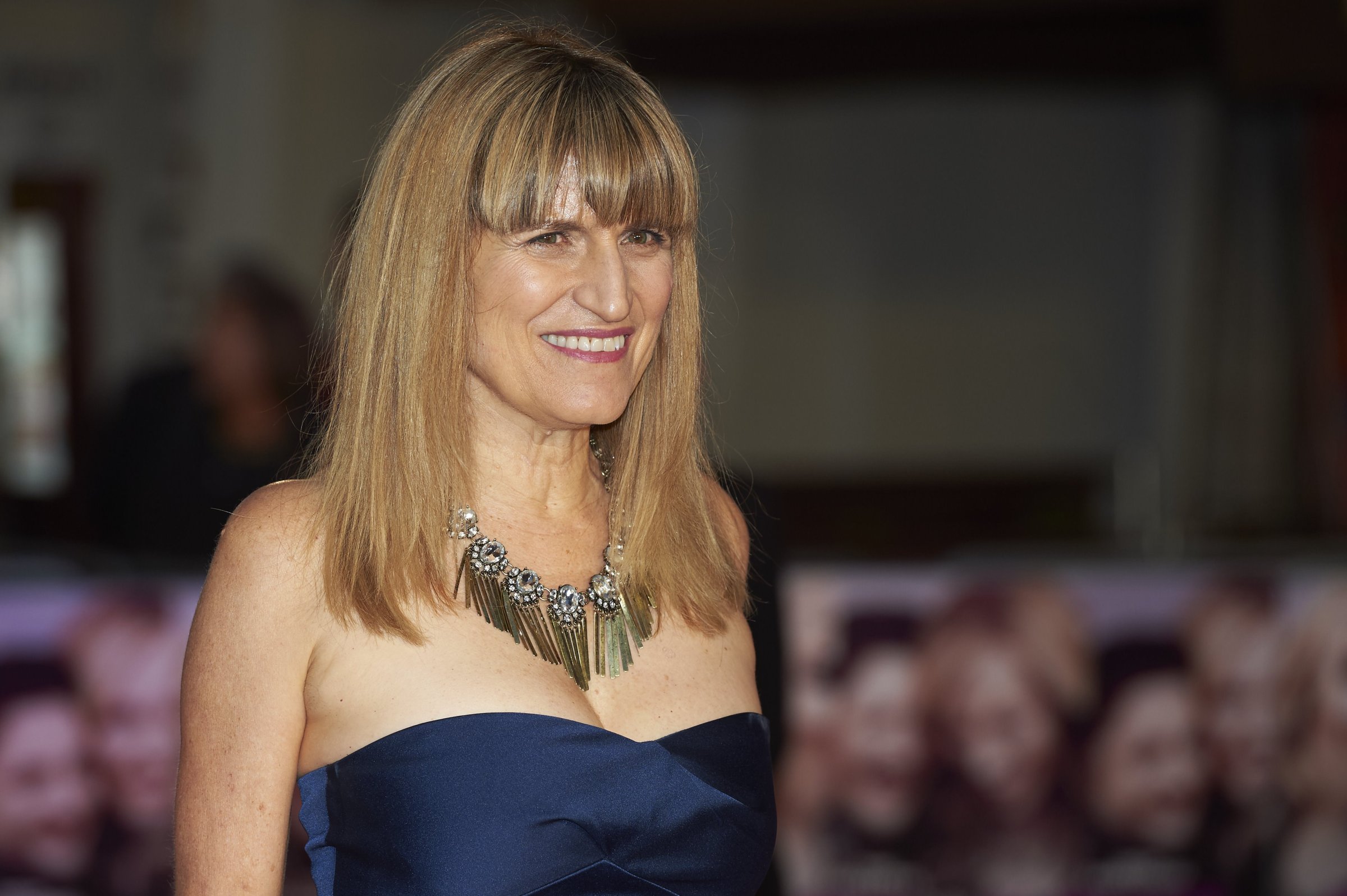
The thing about unconscious gender bias is that you don’t realize you’re part of the problem…until someone or something forces you to sit up and take notice of the fact all of us—including women—have been conditioned to think of figures of authority, entrepreneurs and so many other types of leaders as men.
I’ve seen it firsthand when girls have walked up to me and said, “I saw you in behind-the-scenes footage of Twilight, and I couldn’t believe the director was a woman. That made me think maybe I could do that, too.”
And even as someone who’s been educated about unconscious gender biases, I still find myself falling prey to them sometimes.
Last year, for example, I was at the Bentonville Film Festival, which was co-founded by Geena Davis and is devoted to championing women and diversity in media. We’d spent all weekend trying to change the world and celebrating this cause, and then on the last day, a bunch of us from the festival got on the plane to leave. The pilot came on and walked into the cockpit—and it was a young woman. I asked my seatmate, “Is that the pilot?!”
We realized simultaneously that, even as we were fighting to get women in more varied roles, we still had this bias baked into our DNA. Which is so ridiculous—this woman probably had to work 10 times harder than any man to get where she was; she was probably the best pilot we could ever have hoped for to fly the plane. But for a split second, I still struggled to wrap my head around the fact that our pilot was a woman.
That’s why it’s so imperative that we get more diversity behind and in front of the camera when we’re producing movies, TV shows and other media. If you have a role model you can actually see, it makes you believe you could do that job. If that role model doesn’t exist, you’re less likely to aspire to it in the first place.
The statistics are sobering: According to a recent Directors Guild of America report, only 16% of TV episodes last year were directed by women, and only 18% were minority directors. In the industry, you’ll often hear the excuse that there aren’t any women with the necessary track record to direct. But another DGA study finds that, even among first-time TV episode directors hired the last five seasons, 82% were men and 87% were Caucasian. So we’re talking about people with no previous experience directing episodic TV, and it’s still hugely skewed toward white males. That means the divide is just going to keep getting bigger and bigger with less and less diversity.
You might think that if you’re not in the film industry, you can’t help this problem. But you can—by supporting female-oriented projects. Look into who’s directed the movies and TV shows you’re watching. If you see a movie directed by a woman on a subject you think is interesting, go pay your $10 (or more) to see it—on opening weekend! Spread the word on social media about great female-driven projects. Support diverse voices, and start questioning who’s making your media the same way you might question whether a corporation is aligned with your values or whether the food you’re eating is fair-trade or organic. I’m asking you to sit up, take notice of the unconscious gender biases we’re all subject to and support diversity—it’ll make the world a more interesting place.
Catherine Hardwicke is a filmmaker whose works include Thirteen, Twilight, Lord of Dogtown and most recently Miss You Already.
More Must-Reads from TIME
- Cybersecurity Experts Are Sounding the Alarm on DOGE
- Meet the 2025 Women of the Year
- The Harsh Truth About Disability Inclusion
- Why Do More Young Adults Have Cancer?
- Colman Domingo Leads With Radical Love
- How to Get Better at Doing Things Alone
- Michelle Zauner Stares Down the Darkness
Contact us at letters@time.com